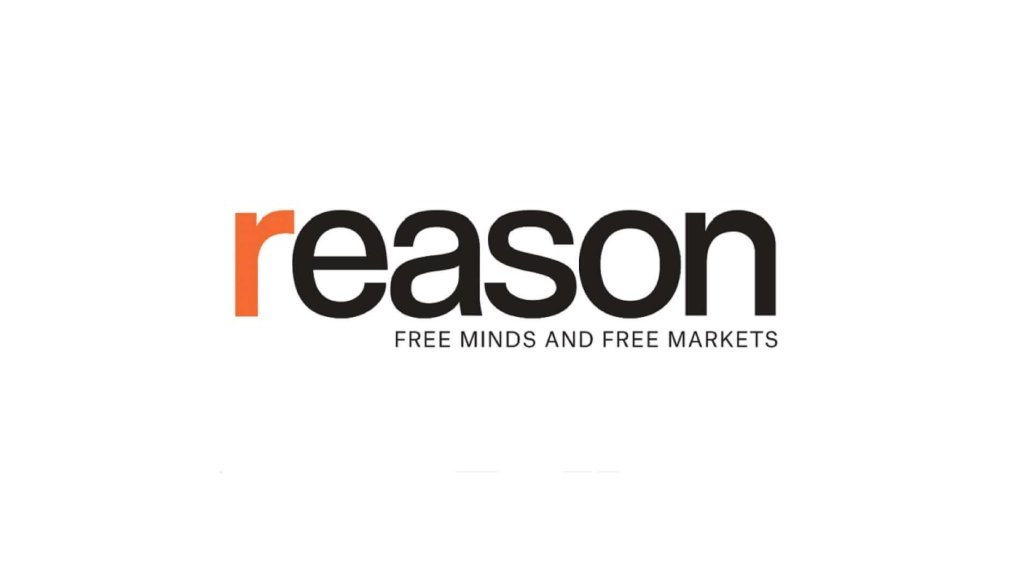Court Reaffirms First Amendment Right to Quote Epithets in University Class Discussions
From Friday’s decision by Judge Michael Watson (S.D. Ohio) in Sullivan v. Ohio State Univ.:
American public universities have traditionally “prided themselves on being forums where controversial ideas are discussed and debated.” Few universities have shown a stronger commitment to being such a forum than The Ohio State University (“OSU”). The crown jewel of OSU’s commitment may well be a course titled “Crucial Conversations”—designed to train students how to communicate productively about difficult topics.
Yet a group of OSU officials (Defendants) terminated the lecturer who taught that course (Plaintiff Mark Sullivan) because of his controversial classroom speech, or so he alleges. For considered pedagogical reasons germane to the course, Sullivan quoted the n-word. After a student complaint launched an HR investigation, Defendants declined to renew Sullivan’s employment contract.
Seeking reinstatement and damages, Sullivan brought a First Amendment retaliation claim, which Defendants now move to dismiss. The First Amendment forbids public universities from dismissing lecturers because of controversial academic speech. So, accepting Sullivan’s allegations as true, for the reasons below, the Court DENIES Defendants’ motion….
“Crucial Conversations” used a practical, action-based pedagogy. Students begin by critiquing video vignettes of bullying and eventually escalate to simulating difficult conversations themselves in one-on-one and group exercises. Some of these simulations involved mock conflict—complete with intentionally triggering, provocative, disrespectful, or shocking language. Sullivan warned his students in advance that the exercises would involve such language. The theory behind this pedagogy is that a classroom role play provides a low-stakes environment ideal for honing conversational skills.
One role play scenario cast Sullivan as Whitey Bulger (the late Boston based organized crime boss) and a student as a law enforcement officer trying to obtain Bulger’s cooperation. The purpose of this simulation was to teach students how to engage with offensive language (Bulger’s words as recited by Sullivan) while keeping the conversation on track to productive purposes (obtaining Bulger’s cooperation). During the actual simulation, quoting a real statement Bulger made to law enforcement, Sullivan said,
I don’t want to be placed in a prison cell with a bunch of [n-word]s. You make sure I’m in a place with my kind and I’ll talk about who was behind that job of killing [X].
Sullivan hoped for a student response such as,
I understand you have strong feelings about the kind of cell mates you will be assigned to live with. We will want to listen more carefully to what matters to you as we also work with what is acceptable under prison rules and regulations.
Sullivan performed this simulation all 49 times he taught the course, without incident for the first 48.
Sullivan taught “Crucial Conversations” for the 49th time in the Fall 2021 semester. After conducting the Whitey Bulger role play in September, a student in the course reported Sullivan for being racially insensitive and offensive. Defendant [Robert Lount, Chair of the Management and Human Resources Department at OSU,] informed Sullivan on September 30 that the Business School’s HR Department required Lount to investigate Sullivan and his course…. On the substance of the investigation, Sullivan pleads only one detail: a phone interview, during which Lount communicated that he understood Sullivan to be performing his duties responsibly. Despite this assurance, at some time unknown to Sullivan, Defendants (and other unknown individuals) deliberated and decided not to renew Sullivan’s contract….
To prove a First Amendment retaliation claim, Sullivan must show: (1) he engaged in protected speech; (2) Defendants took an adverse action against him; and (3) there is a causal connection between the protected speech and the adverse action.
Courts assess whether a public employee’s speech is protected by the First Amendment under the Pickering-Connick framework. Applying that fr
Article from Reason.com

The Reason Magazine website is a go-to destination for libertarians seeking cogent analysis, investigative reporting, and thought-provoking commentary. Championing the principles of individual freedom, limited government, and free markets, the site offers a diverse range of articles, videos, and podcasts that challenge conventional wisdom and advocate for libertarian solutions. Whether you’re interested in politics, culture, or technology, Reason provides a unique lens that prioritizes liberty and rational discourse. It’s an essential resource for those who value critical thinking and nuanced debate in the pursuit of a freer society.




